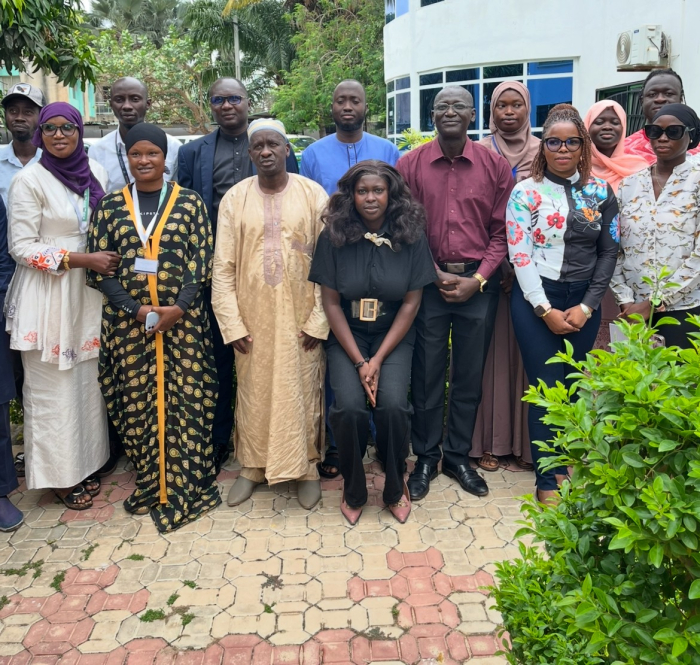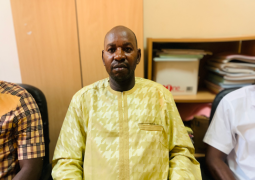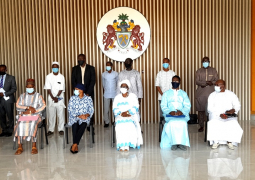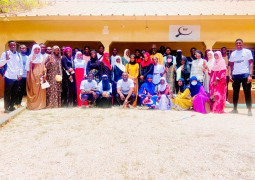
Held on July 10, 2025, at the NEA Documentation Centre, the one-day media clinic was aimed at empowering journalists as frontline advocates for public awareness and positive behavioral change.
The training, organised by the NEA’s Environmental Education and Communication Unit, was part of the agency’s annual obligation under the National Environment Management Act (NEMA) to engage key stakeholders, including the media, in the protection of the country’s environment.
At the event, Sheikh Alkinky Sanyang, Senior Programme Officer and Head of Communications and Education at NEA, described the media clinic as a vital platform to update journalists on current and emerging environmental threats affecting The Gambia.
“This clinic is designed to equip you with the knowledge and tools to become advocates for change,” Sanyang told participants.
“You have a responsibility not just to report, but to influence national attitudes that can protect our environment and safeguard public health.”
He explained that expert facilitators from various NEA departments would lead discussions on a range of critical topics, including the Anti-Littering Regulation of 2007, the Ban on Plastic Bags Order of 2015, Environmental Impact Assessment procedures, the management of hazardous chemicals and pesticides, and control of ozone-depleting substances.
Sanyang urged journalists to use their platforms to raise awareness, encourage environmental compliance, and influence behavior through accurate, well-researched reporting.
“The NEA cannot win this battle alone. We need the media as key partners in changing the narrative and shaping public discourse,” he added.
Lamin Camara, Director of Inter-Sectoral Services Network, representing the Executive Director of NEA, emphasised the indispensable role of the media in environmental communication and public education.
“Everywhere in the world, the media plays a central role in shaping public understanding of environmental issues,” Camara said.
“You are not just observers. You are educators, influencers, and partners in building a more sustainable Gambia.”
He spoke of the agency’s continuous resolve to work with journalists to not only relay information but to serve as change agents who will help translate technical policies into stories that resonate with communities.
“We believe that after this engagement, the wider population will benefit from the stories and insights you share through your newspapers, radio programs, and online platforms,” he said.
He encouraged participants to ask questions and interact freely with the expert panelists throughout the day, saying the session was designed to build media capacity and create partnerships for long-term collaboration.
“This is more than a training. It is a national call to action,” he said. “With the support of the media, we can drive change from the grassroots to the policymaking level.”
The session ended with renewed commitment to working with journalists and media institutions in order to strengthen public education, promote policy implementation, and encourage environmental stewardship across the country.





